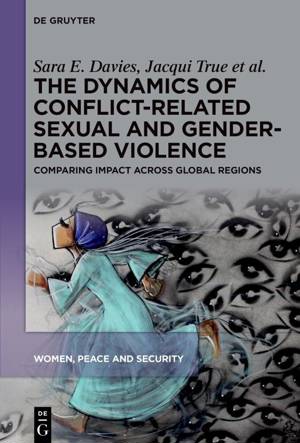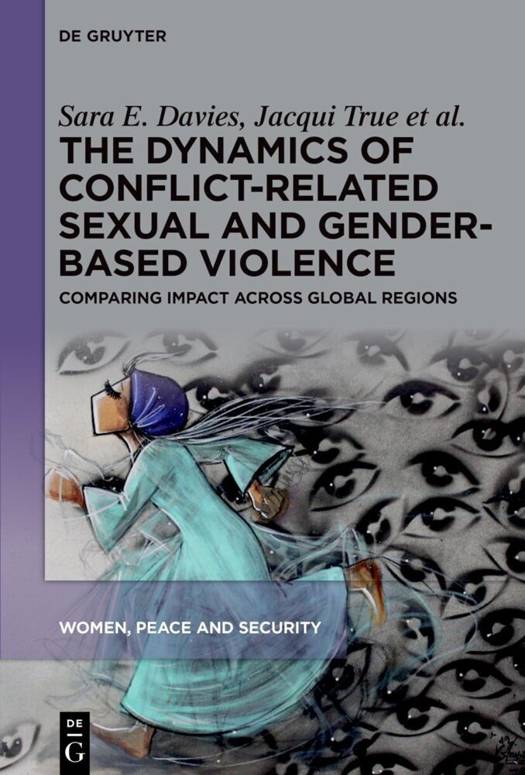
- Retrait gratuit dans votre magasin Club
- 7.000.000 titres dans notre catalogue
- Payer en toute sécurité
- Toujours un magasin près de chez vous
- Retrait gratuit dans votre magasin Club
- 7.000.0000 titres dans notre catalogue
- Payer en toute sécurité
- Toujours un magasin près de chez vous
The Dynamics of Conflict-Related Sexual and Gender-Based Violence
Comparing Impact Across Global Regions
Sara E Davies, Jacqui True, Yolanda Riveros Morales, Phyu Phyu Oo, Joana Osei-Tutu, Rachel BanfieldDescription
Due to the international importance attached to the reporting of conflict-related sexual and gender-based violence (SGBV) over the last two decades, scholars have been able to examine the magnitude of the problem across different situations and types of conflict. But what changes to intensity and type of violence occur during different phrases of conflict intensity? Is reporting consistent across different conflicts and different regional experiences of conflict-related SGBV? This book examines different conflict situations in Africa, Latin America, the Middle East, and Asia over the past decade, 2010-2020.
The chapters in the book use a mixed-method approach to explore the patterns of violence in situations of one-sided violence, state-led violence, non-state-led violence, low intensity violence, terrorism and fragility. They investigate the trajectory of international and prevention efforts, and the development of country-level responses to reports of sexual and gender-based violence in these various conflict situations. The book explains how and why these responses were mobilised in response to reports and considers the conditions for effective reporting in real time considering the patterns and the structural root causes of the violence.
Spécifications
Parties prenantes
- Auteur(s) :
- Editeur:
Contenu
- Nombre de pages :
- 195
- Langue:
- Anglais
- Collection :
- Tome:
- n° 1
Caractéristiques
- EAN:
- 9783111320632
- Date de parution :
- 06-08-24
- Format:
- Livre relié
- Format numérique:
- Genaaid
- Dimensions :
- 156 mm x 234 mm
- Poids :
- 485 g

Les avis
Nous publions uniquement les avis qui respectent les conditions requises. Consultez nos conditions pour les avis.






